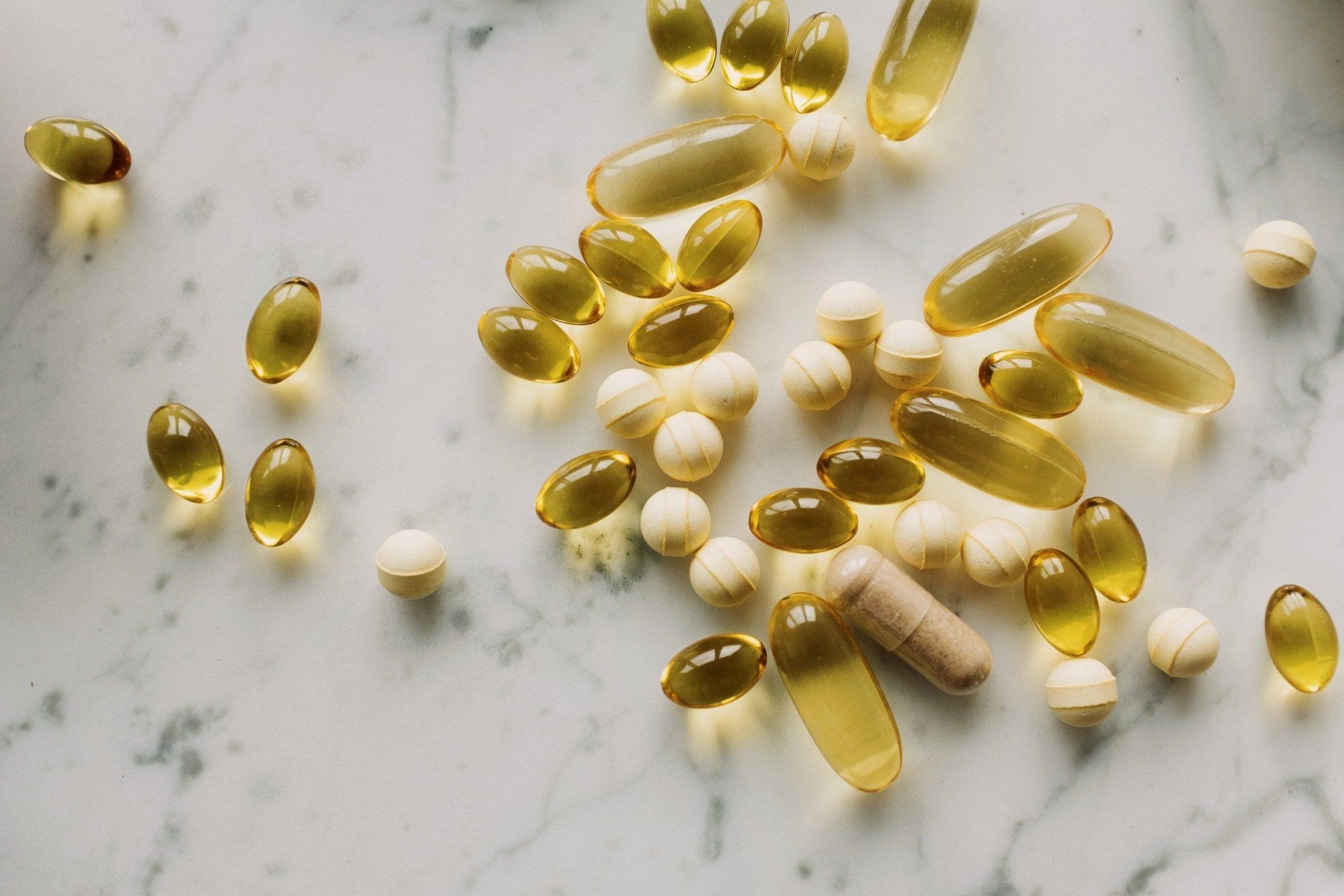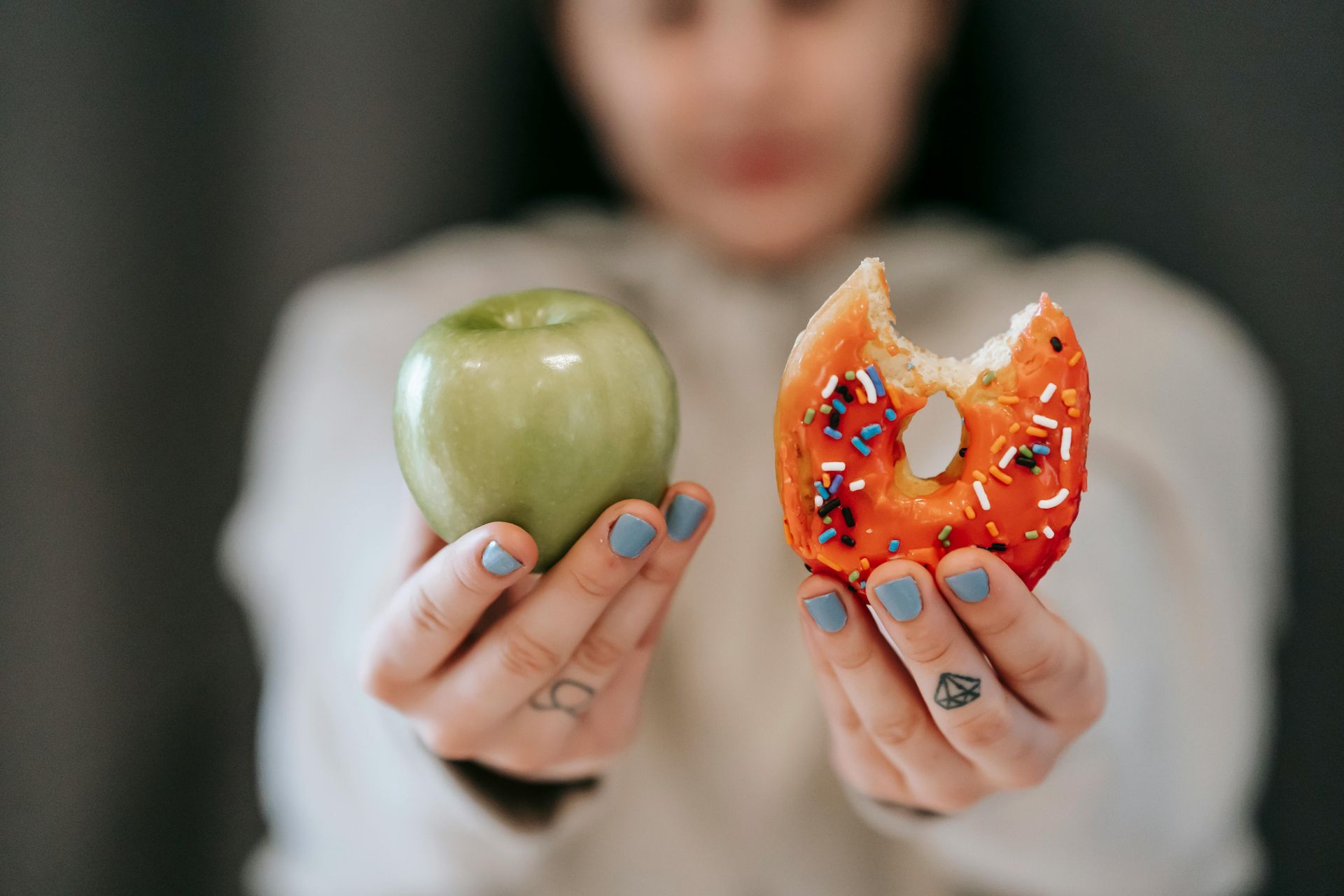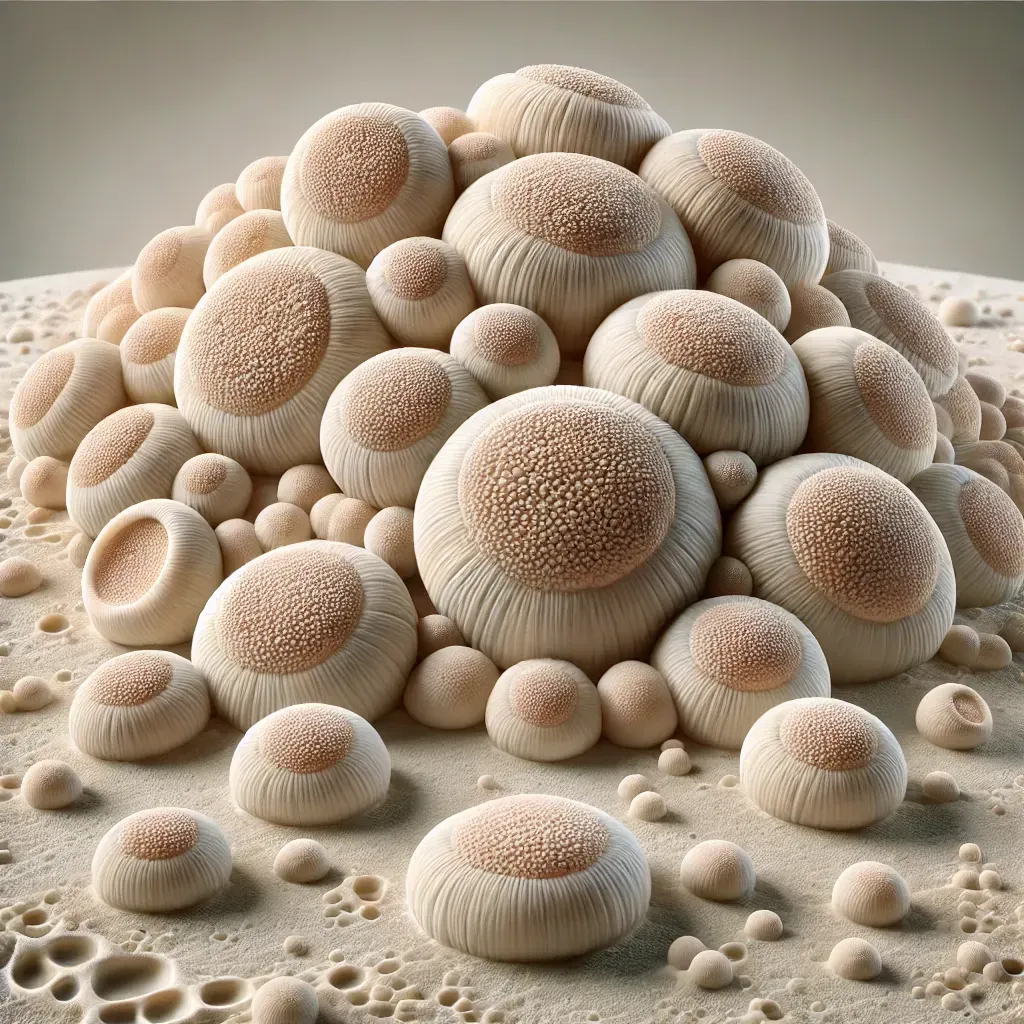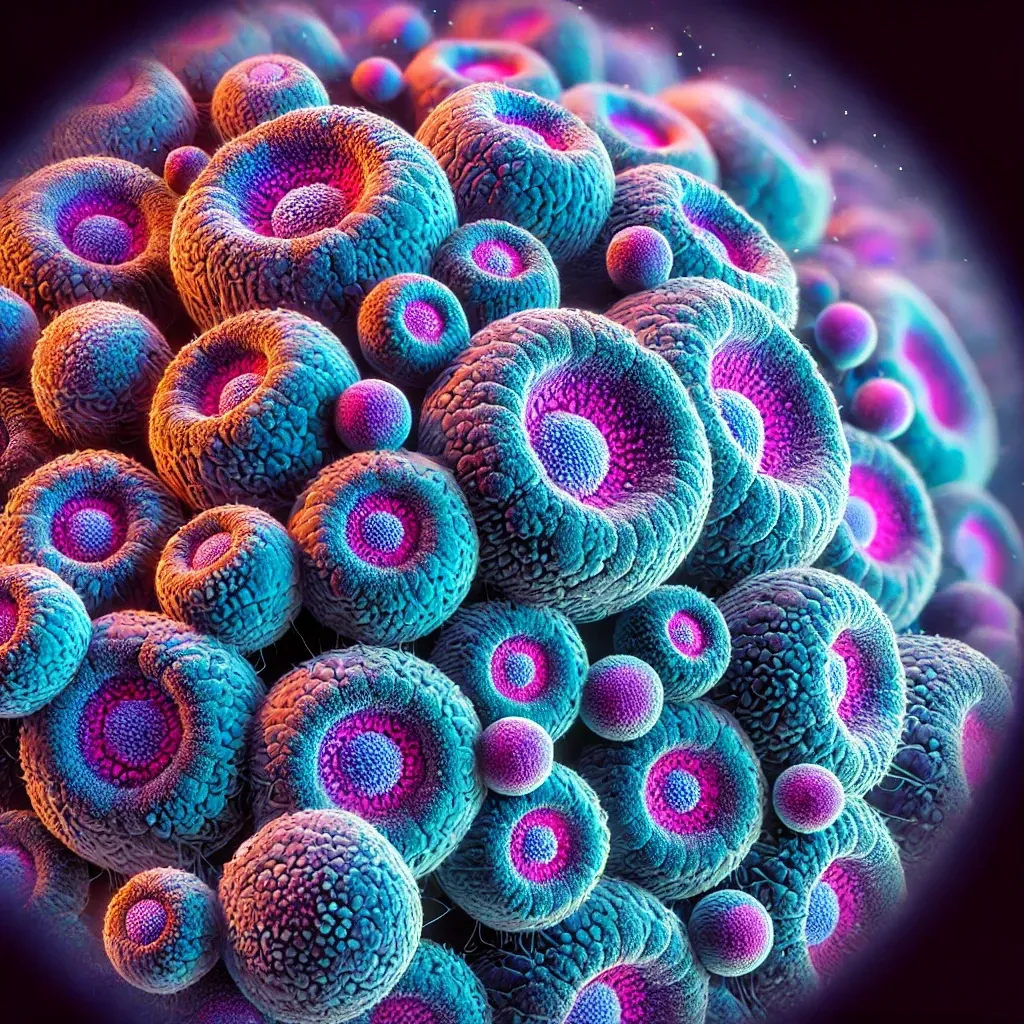10 Thoughtful Paleo Treats Gift Ideas for Valentine's Day
Valentine's Day is the perfect opportunity to show your love with thoughtful gifts that align with your partner's Paleo lifestyle.

Valentine’s Day is just around the corner, and if your special someone follows a Paleo lifestyle, finding the perfect treat can feel like a bit of a challenge. But don’t worry—I’ve got you covered!
Whether you’re celebrating with a partner, showing love to friends, or treating yourself (because self-love is a vibe too), these Paleo-friendly gift ideas will bring sweetness and thoughtfulness to the day—without derailing those healthy eating goals.
From indulgent chocolate creations to heartwarming homemade surprises, this list has something for everyone. So, grab your apron, or start curating that gift box—let’s make this Valentine’s Day one to remember with delicious treats that are as wholesome as they are heartfelt! ❤️
Sweet, Thoughtful, and Paleo: Valentine’s Day Gift Ideas to Show Your Love
10 Thoughtful Paleo Treats Gift Ideas for Valentine's Day
Valentine's Day is the perfect opportunity to show your love with thoughtful gifts that align with your partner's Paleo lifestyle. Here are some creative and delicious Paleo-friendly treat ideas that will make their day extra special:
1. Homemade Paleo Chocolate Bark
- Melt dairy-free dark chocolate and top it with nuts, seeds, and dried fruit like goji berries or shredded coconut.
- Wrap it in a decorative bag or box for a personal touch.
2. Heart-Shaped Paleo Cookies
- Bake almond or coconut flour cookies and use heart-shaped cookie cutters.
- Decorate with Paleo-friendly icing made from coconut cream and natural food coloring.
3. Paleo Truffle Box
- Make or buy Paleo truffles using dates, cacao powder, and nut butter.
- Arrange them in a classic truffle box for a luxurious presentation.
4. DIY Nut Butter Love Jars
- Fill small jars with homemade nut butters like almond, cashew, or hazelnut.
- Add a personalized label with messages like "You’re the peanut butter to my jelly—without the peanuts!"
5. Paleo Pancake Mix Kit
- Assemble a jar of Paleo-friendly pancake mix with almond flour, coconut flour, and a handwritten recipe.
- Pair it with a bottle of pure maple syrup or raw honey.
6. Paleo-Friendly Chocolate Fondue Kit
- Gift a set with dark chocolate, coconut cream, and dippable fruits like strawberries, bananas, and apples.
- Include skewers and a cute note that says, "Let’s melt together!"
7. Paleo Snack Box
- Curate a box filled with Paleo-approved snacks like beef jerky, dried mango, kale chips, and dark chocolate.
- Decorate it with Valentine's Day colors and a handwritten card.
8. Raw Dessert Sampler
- Create a variety of no-bake Paleo desserts, such as energy balls, mini cheesecakes made with cashew cream, or fudge squares.
- Arrange them in a heart-shaped box for a unique twist.
9. Valentine's Day Paleo Muffins
- Bake Paleo-friendly muffins (like banana or blueberry) and wrap them individually with red or pink ribbons.
- Present them in a basket with a love note.
10. Personalized Paleo Recipe Book
- Compile your favorite Paleo dessert recipes into a personalized booklet.
- Add notes like, “Let’s make these together!” for an interactive Valentine’s experience.
These Paleo-inspired gifts are not only delicious but also a testament to your thoughtfulness. Whether homemade or curated, these ideas are sure to make your Valentine feel extra loved. ❤️
Don't Miss Out!

Heidi Toy Functional Medicine Blog





















































































